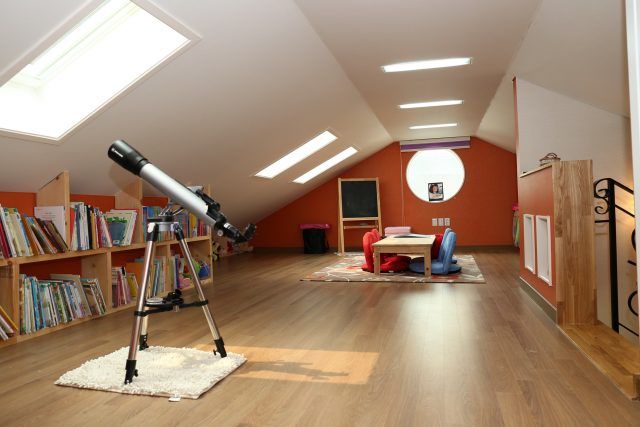Not many people find moving out from their homes an easy thing to do. Some people are so sentimentally attached to their homes that they do not even want to consider moving to a new one. As a result, these people opt for loft conversions or extensions as an alternative solution to their need for more space. These choices help avoid any need to change homes or offices as a result of the requirement for additional space.
Loft conversions and extensions also add to the value of your property; hence, increasing future equity gains. However, when it comes to choosing between a loft conversion and an extension, many people find it difficult to choose the one that best meets their needs.
In this post, we will take a quick look at the pros and cons of a loft conversion or an extension in hope that it will help you decide which option is most suitable for you.
ADVANTAGES OF A LOFT CONVERSION
Here are a few pros of loft conversion:
- NO NEED FOR PERMITS: Opting for a loft conversion eliminates the hassles that come with applying for planning permission. However, you should know that should you make any exterior change made to the structure of your property or roof then this will then require a planning permit.
- SAVING TIME: One of the major differences between a loft conversion and extension is the completion time. Building an extension often requires more time than a loft conversion.
- COST-EFFECTIVENESS: If you are looking to spend less and still get the space you require, you should go for a loft conversion. Loft conversions are usually cheaper than extensions. You can get professional hands to help you make the best choice from the Humphreysandsons website.
ADVANTAGES OF AN EXTENSION
Here are a few reasons why you should consider the extension option:
- FLEXIBILITY: Another difference between a loft conversion and extension is their versatility. Extensions are usually more flexible than loft conversions. With extensions, you can design your new space without being restricted to the dimensions of your existing property.
- BUILDING UPWARDS: You most likely only have so much space in which you can extend your property outwards. In this case, you can choose to also expand your property upwards.
DISADVANTAGES OF A LOFT CONVERSION
Here are a few disadvantages of loft conversion:
- FLEXIBILITY: A loft conversion will be restricted within the current dimensions of your property. This may affect the furnishings that can be fitted into your property.
- INADEQUATE ACCESS TO NATURAL LIGHT: Since loft conversions are often positioned at the top of a property, accessing natural daylight can be challenging. However, there are several ways to enhance the light levels in your property through the installation of artificial lights.
DISADVANTAGES OF AN EXTENSION
Here are a few disadvantages of an extension:
- NEEDS PLANNING PERMISSION: In most cases, you will be required to seek planning permission for an extension. This is one of the key differences between a loft conversion and extension.
- HIGHER COSTS: Constructing a space from scratch is often the number one reason why an extension is more expensive than a loft conversion.
CONCLUSION
Choosing between a loft conversion and extension depends on your preferences. You can use the pros and cons listed above as a guide to help you decide which option will be more suitable for you.













